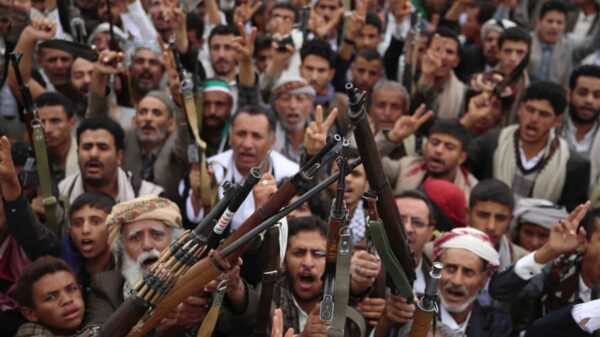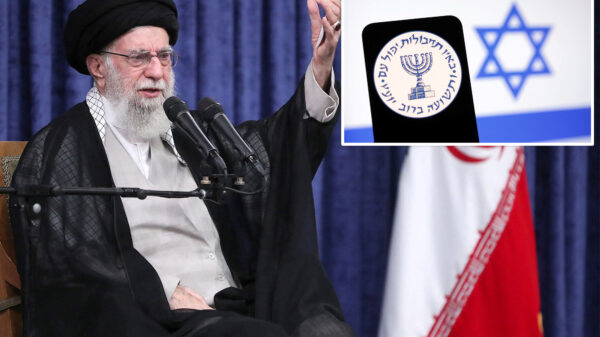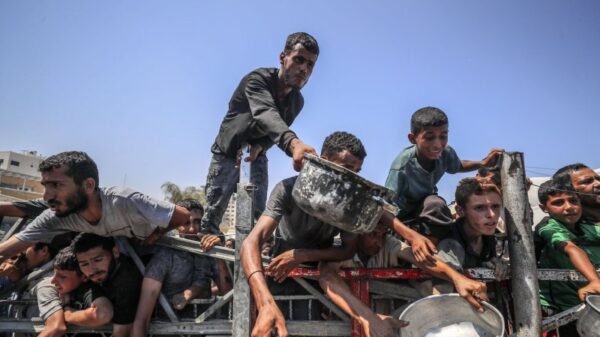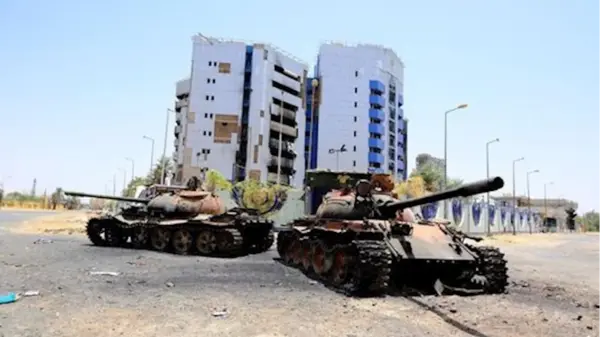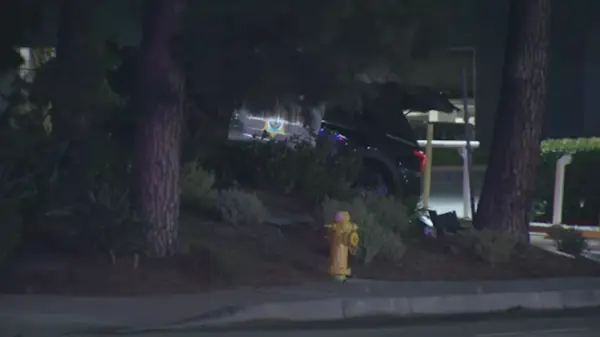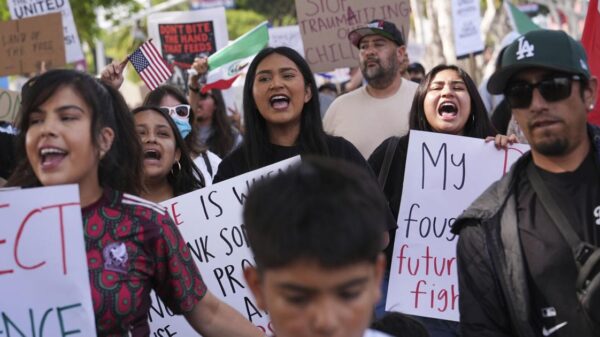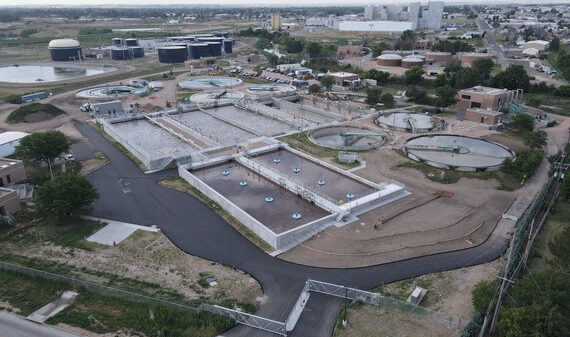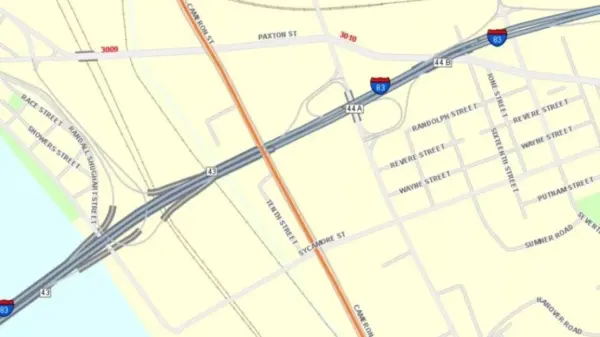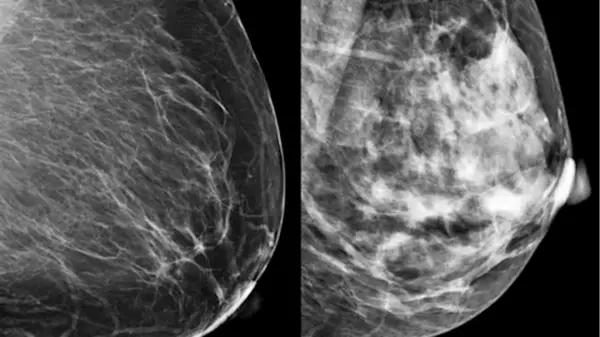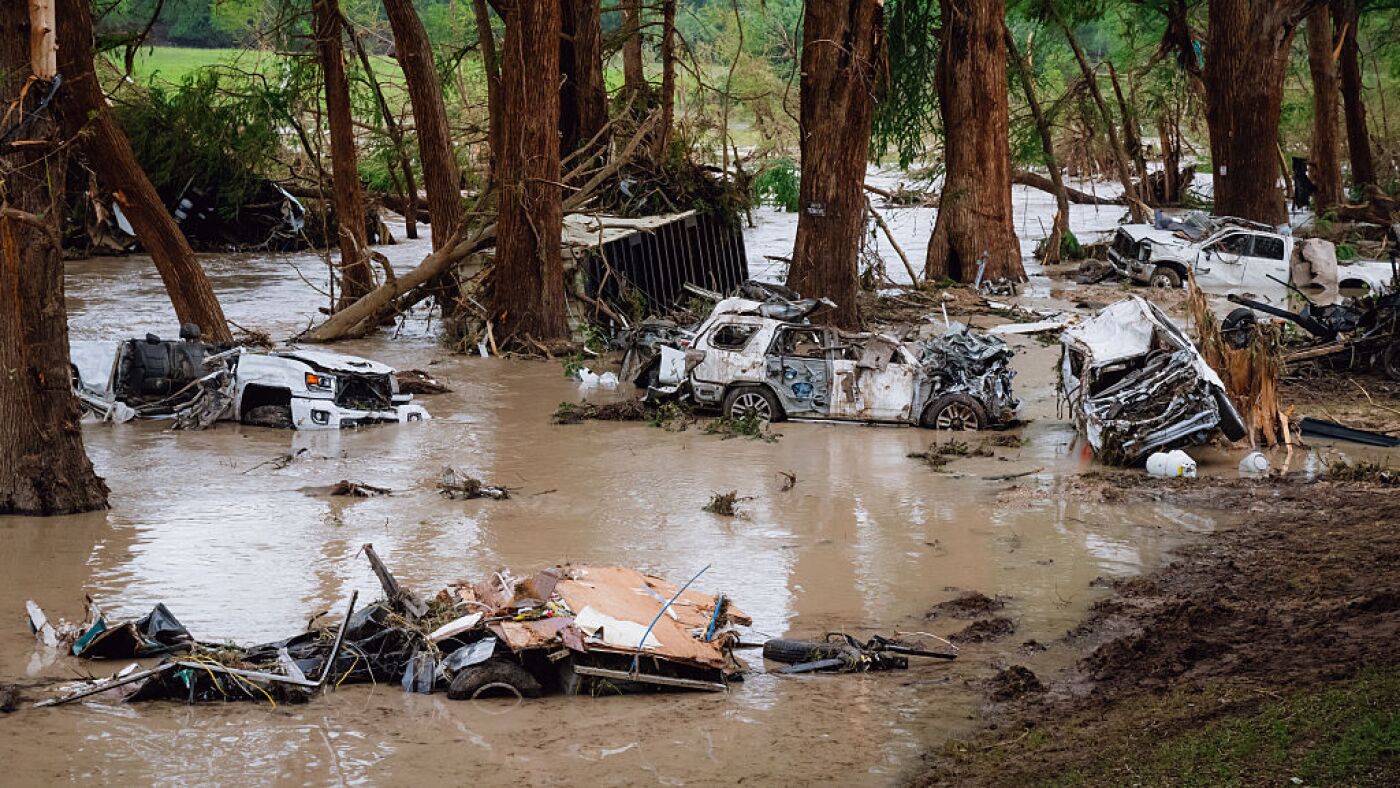The Israeli military has initiated a “tactical pause” in hostilities across three designated areas in the Gaza Strip. This decision, effective from March 17, 2024, aims to alleviate the escalating humanitarian crisis resulting from ongoing conflict. The pause will cover the regions of Muwasi, Deir al-Balah, and Gaza City, halting military operations daily from 10 a.m. to 8 p.m. local time.
The new measures are a response to increasing concerns over hunger and shortages of essential supplies. Over recent months, warnings have emerged regarding potential famine conditions as a result of Israeli restrictions on aid. In conjunction with the tactical pause, the Israeli military has announced plans to designate secure routes to facilitate the delivery of food and humanitarian assistance by aid organizations.
As part of these efforts, the military stated on Saturday that it would resume airdrops of supplies into Gaza. These humanitarian initiatives are set against the backdrop of ongoing military operations against the militant group Hamas. While the tactical pause is intended to provide relief, the situation remains volatile, with health officials in Gaza reporting at least 37 casualties from overnight Israeli airstrikes.
The decision to pause military action in specific areas reflects an acknowledgment of the dire needs faced by civilians in Gaza. Access to food, clean water, and medical supplies has become increasingly limited, with many families struggling to survive amidst the ongoing conflict.
In the coming days, the effectiveness of these humanitarian measures will be closely monitored as aid agencies prepare to mobilize resources. The international community continues to call for sustained efforts to address the humanitarian needs of those affected by the conflict, emphasizing the importance of finding a long-term resolution to the crisis.
As the situation evolves, both military and humanitarian actions will play crucial roles in shaping the future of the Gaza Strip and its residents. The tactical pause represents a critical moment for humanitarian intervention, highlighting the need for continued dialogue and cooperation among all parties involved.








